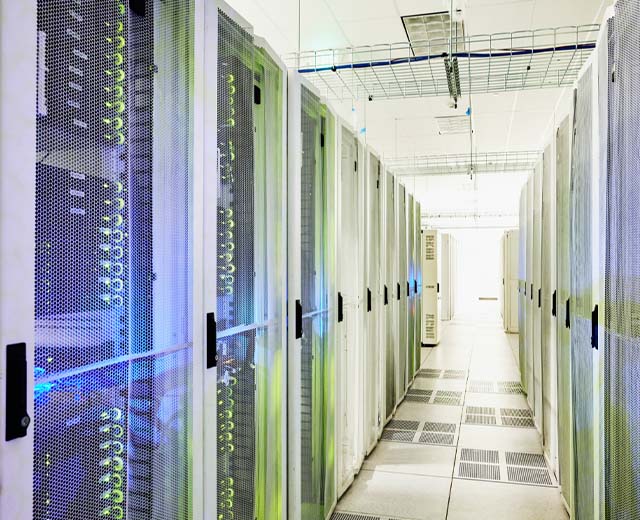Advance Your Tech Career
This degree program is designed to help you prepare for computer science careers in many industries, including data processing, healthcare, information security, finance, and more. Potential job titles include computer scientist, software engineer, database administrator, and computer systems architect.
UMGC courses are taught by experienced faculty and address skills and competencies that are highly valued by today’s employers.



/blog-umgc-cyber-safety-linklist-shutterstock_1538502431.jpg)